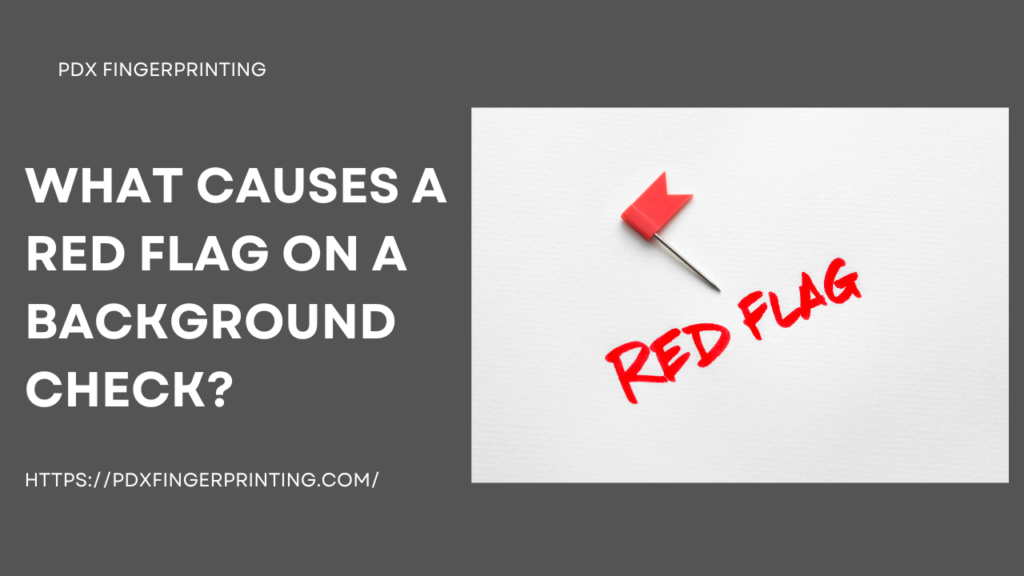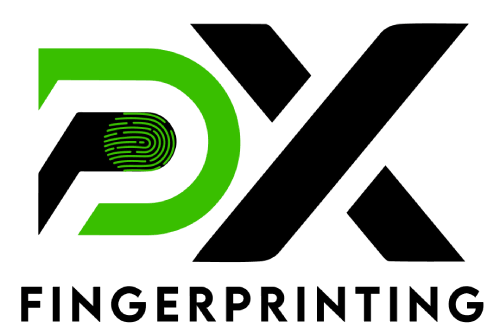In today’s interconnected world, background checks have become an integral part of various processes, from employment screening to tenant verification and beyond. These checks are designed to provide a comprehensive overview of an individual’s history, highlighting any potential red flags that may signal risk or concern. Understanding what constitutes a red flag on a background check is crucial for employers, landlords, and other entities relying on this information to make informed decisions. In this article, we’ll delve into the various factors that can trigger red flags on background checks, their implications, and how individuals can address them.

What does a Red Flag mean in a Background Check?
Criminal History:
- One of the most common red flags on a background check is a criminal history. This includes convictions for misdemeanors or felonies, ranging from theft and assault to more serious offenses like drug trafficking or fraud.
- Multiple convictions or recent offenses may raise additional concerns for employers or landlords, indicating a pattern of behavior that could pose a risk to others.
- It’s important to note that not all criminal records automatically disqualify an individual, as factors such as the nature of the offense, its relevance to the position or lease, and rehabilitation efforts may be taken into account.
Financial Issues:
- Financial red flags on a background check can include bankruptcies, foreclosures, or a history of delinquent payments, such as late credit card bills or defaulted loans.
- These issues may suggest financial instability or irresponsibility, which could be relevant depending on the nature of the job or rental agreement.
- Employers may be concerned about an individual’s ability to handle financial responsibilities, particularly if the role involves managing company funds or sensitive financial information
Employment History Discrepancies:
- Discrepancies or inconsistencies in employment history can raise red flags during a background check. This may include gaps in employment, conflicting job titles or dates, or unverifiable claims of previous positions or responsibilities.
- Employers rely on accurate employment history to assess an individual’s qualifications, experience, and suitability for a role. Any discrepancies may undermine trust or raise doubts about the candidate’s honesty and reliability.
Education Verification:
- Falsified or exaggerated educational credentials can also trigger red flags on a background check. This may include claims of degrees or certifications that the individual did not earn or institutions they did not attend.
- Educational qualifications are often crucial factors in hiring decisions, particularly for roles requiring specific skills or expertise. Misrepresenting academic achievements can damage credibility and raise questions about competency.
Negative References:
- Negative references from previous employers or personal contacts can be significant red flags during a background check. These references may highlight concerns about the individual’s performance, conduct, or reliability.
- While it’s common for individuals to provide references who will speak positively about them, negative feedback should not be ignored, as it may indicate underlying issues that could impact future performance or behavior.
Legal Issues:
- In addition to criminal history, other legal issues such as civil lawsuits, restraining orders, or legal disputes may raise red flags on a background check.
- These issues can indicate potential conflicts, liabilities, or personal conduct issues that may be relevant to the hiring or leasing decision.
Social Media and Online Presence:
- Employers and landlords increasingly use social media and online searches as part of background checks. Inappropriate or concerning content posted online, such as discriminatory remarks, illegal activities, or evidence of unprofessional behavior, can raise red flags.
- While individuals have the right to privacy on their personal social media accounts, public posts or content that reflects poorly on their character or judgment may still impact their reputation or eligibility for certain opportunities.
Poor Credit History:
Some employers conduct credit checks as part of the background screening process, particularly for roles that involve financial responsibilities or access to sensitive information. A poor credit history, including bankruptcies, foreclosures, or a high level of debt, may raise concerns about a candidate’s financial stability and trustworthiness.
Refusal to Undergo Background Check:
A candidate’s refusal to consent to a background check can be a significant red flag for employers. While individuals have the right to withhold consent, particularly if they have concerns about privacy or the accuracy of the screening process, employers may view this refusal as suspicious and may choose to disqualify the candidate from consideration.
Job-Relevant Convictions:
For certain roles, particularly those involving trust, security, or working with vulnerable populations, specific convictions may be considered job-relevant red flags. For example, individuals applying for positions in childcare, healthcare, or law enforcement may face scrutiny for convictions related to violence, substance abuse, or crimes against children or vulnerable adults.
Implications of Red Flags:
- Red flags on a background check can have significant implications for individuals seeking employment, housing, or other opportunities. Depending on the severity of the issues uncovered, they may result in:
- Disqualification from job opportunities or rental agreements
- Damage to reputation and credibility
- Legal consequences, particularly for criminal offenses or fraudulent activities
- Difficulty securing future employment or housing due to a tarnished record
Addressing Red Flags:
- If faced with red flags on a background check, individuals should:
- Be honest and transparent about any issues or discrepancies, providing context and explanations where necessary.
- Take steps to address and rectify any underlying issues, such as seeking legal counsel for criminal matters or addressing financial challenges.
- Provide references or documentation that can attest to their character, qualifications, and suitability for the role or lease.
- Work with employers or landlords to address concerns and demonstrate their commitment to responsible behavior and accountability.
Conclusion:
Understanding the potential red flags on a background check is essential for both individuals and organizations involved in screening processes. By identifying and addressing these issues proactively, individuals can mitigate the impact of red flags on their opportunities and demonstrate their suitability and reliability. Employers and landlords, meanwhile, can make more informed decisions that prioritize safety, trust, and integrity in their hiring and leasing practices
Faq’s
What is Considered a Red Flag on a Background Check?
A red flag on a background check typically refers to any information or discrepancy that raises concerns about an individual’s suitability for a position or agreement. This can include criminal history, financial issues, employment discrepancies, education verification problems, negative references, legal issues, and inappropriate online behavior.
How do Employers Conduct Background Checks?
Employers may use various methods to conduct background checks, including accessing public records, verifying employment and education history, checking credit reports, conducting criminal history searches, and contacting references provided by the candidate.
Can a Criminal Record Prevent me From getting a Job?
It depends on the nature of the offense, its relevance to the position, and the employer’s policies. While some employers may have strict policies against hiring individuals with certain criminal convictions, others may consider factors such as the severity of the offense, its recency, and evidence of rehabilitation.
What Should I Do if I have a Red Flag on my Background Check?
If you have a red flag on your background check, be honest and transparent about the issue, provide context or explanations where necessary, and take steps to address any underlying problems. This may involve seeking legal counsel, addressing financial challenges, or providing additional documentation to support your qualifications and character.
Can I Dispute Information on a Background Check?
Yes, you have the right to dispute inaccurate or incomplete information on your background check. You can contact the background screening company or the entity that provided the information to request corrections or clarifications. It’s essential to provide supporting evidence to substantiate your dispute.
How long do Red Flags stay on a Background Check?
The duration that red flags stay on a background check can vary depending on the type of information and the background screening company’s policies. Generally, criminal convictions may remain on record indefinitely, while other issues such as credit problems or employment discrepancies may have different reporting periods.
Can I still get a job with a Red Flag on my Background Check?
Having a red flag on your background check doesn’t necessarily disqualify you from getting a job. It depends on the severity of the issue, its relevance to the position, and the employer’s policies. Some employers may be willing to overlook certain red flags if they believe you’re otherwise qualified and capable of performing the job effectively.

